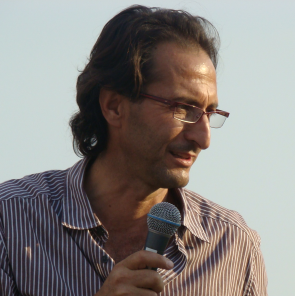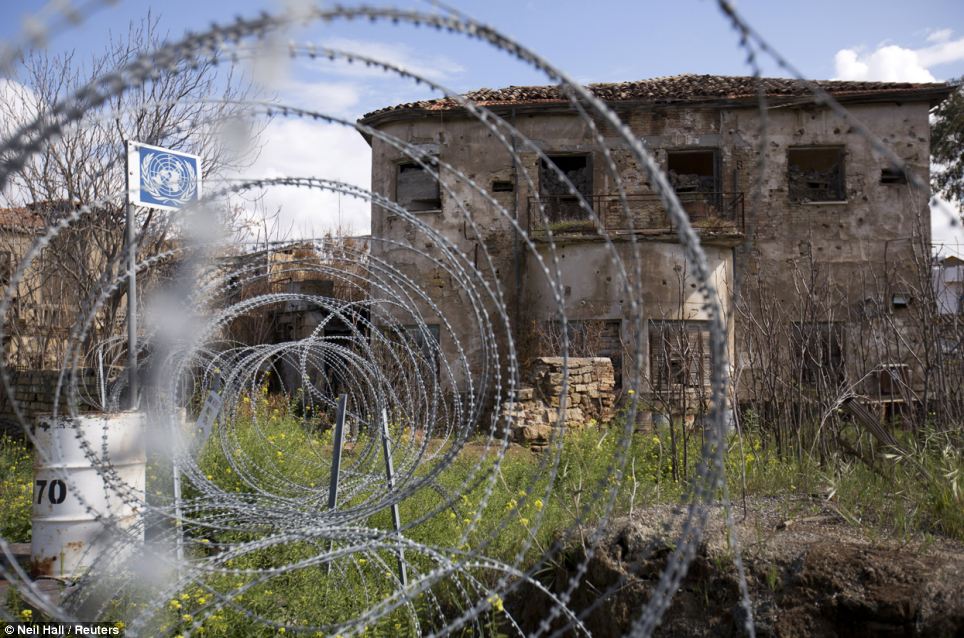
Doros Polykarpou
Doros Polykarpou is leading human rights defender and founding member of KISA (the Movement for Equality, Support,and Anti-Racism). He is an expert on migration, asylum, discrimination, racism, and trafficking in Cyprus. For over 27 years, he has dedicated himself to defending and advocating for the rights of people on the move and tackling discrimination and xenophobia in Cyprus, navigating the unique socio political environment of the small island nation with strong conservative elements. Doros first served as the President of the Steering Committeeof KISA and then as Executive Director for 15 years. For thepast four years, he continued his work as a volunteer activist with KISA.
Under his leadership, KISA has managed to provide support to a number of migrants and asylum seekers through direct support, campaigning and mobilization, strategic litigation, advocacy, documentation, and more. Over the course of 27 years of activism, Doros has been the target of a multitude of attacks, including defamation campaigns, criminal prosecutions and death threats - the latest being the ‘bomb attack’ on KISA’s offices on 5 January 2024, with the planting of an explosive device right opposite Doros’s work station at KISA offices.
Doros was born in Silikou, a mixed village where Turkish and Greek Cypriots lived together peacefully, even during intense inter-communal conflicts. In the early 1970s, despite his young age, Doros and his family suffered at the hands of the far- right paramilitary organization EOKA B, which with the support of Greek junta, violently overthrew the government in 1974. Doros credits his upbringing for helping him to perceive the realities around him and to understand the differences and fluidity of each person and their identity, which influenced his life choices. In the 80s, Doros moved to Germany to study where he stayed for 10 years working and studying. He was actively involved in the German student movement and the European Peace Movement, and served for several years as the elected representative of international students at German universities.
Returning to Cyprus in the early 1990s, he engaged in the movement for reconciliation andreunification of the divided island and worked to protect children and women from domesti cviolence. Cyprus first developed its immigration policy in 1996, and strong right wing conservatismled to a model focused on temporary residence and filling of undesired jobs by migrants. The policy ultimately led to a rapid increase of migrants, alongwith strong sentiments of racism and discrimination.
In response to this, Doros founded KISA together with othe ractivists with the objective of combating discrimination of migrants and asylum seekers, and addressing human trafficking. KISA’s criticism of migrant rights violations was seen as a conflict with social institutions. Later, in the early 2010s, migration became even more central in right wing political debates, increasing racism and negative rhetoric towards migration, making the context for KISA to work in evenmore difficult, but even more important. Hate speech, hate crimes, and racist violence reached unprecedented levels,especially with the racist pogroms in Chloraka and Limassol. KISAs human rights work became not only difficult, but dangerous.
Unfortunately, KISA’s and Doros’s efforts have made him a target for numerous attacks, including defamation and criminal prosecutions. KISAs activities have been criminalized,to the point where they were falsely accused of corruption.These attacks worsened after the government portrayed refugees and migrants as threats to national security, and began to brand human rights defenders as traitors. The most recent attack occurred on 5 January 2024, when a bomb exploded in KISA’s office, causing significant damageand posing a direct threat to Doros’ life. He also faces public harassment and bullying as his contact numbers have beenshared on the walls of public toilets, of which the police havenot taken any action on.
In addition to these threats, the government’s campaign against NGOs led to KISA’s deregistration and the freezing ofits bank accounts. Repeated attacks, defamation and threats not only exhaust their resources, but also reduce the impact of their work. Although they were later able to regain their statusby registering as a non-profit company, ongoing harassment and limited resources continue to challenge their capacity to protect human rights.
Despite the threats and challenges, Doros finds great satisfaction in his work, engaging directly with individuals and migrant groups through a human rights-based approach and making positive changes in people’s lives. One of the greatest successes he celebrates is watching people become stronger and more independent after being supported by KISA, gaining a sense of optimism and better prospects for their future. Doros Polykarpou’s journey from a mixed ethnicity village in Cyprus to becoming a prominent human rights defender demonstrated his resilience and dedication.

